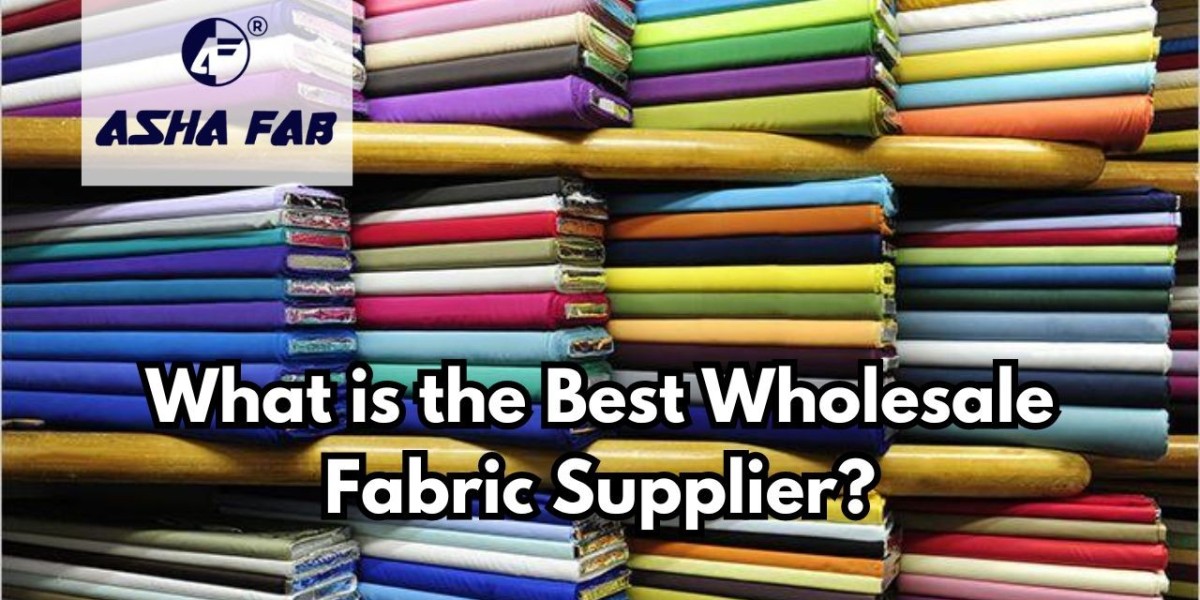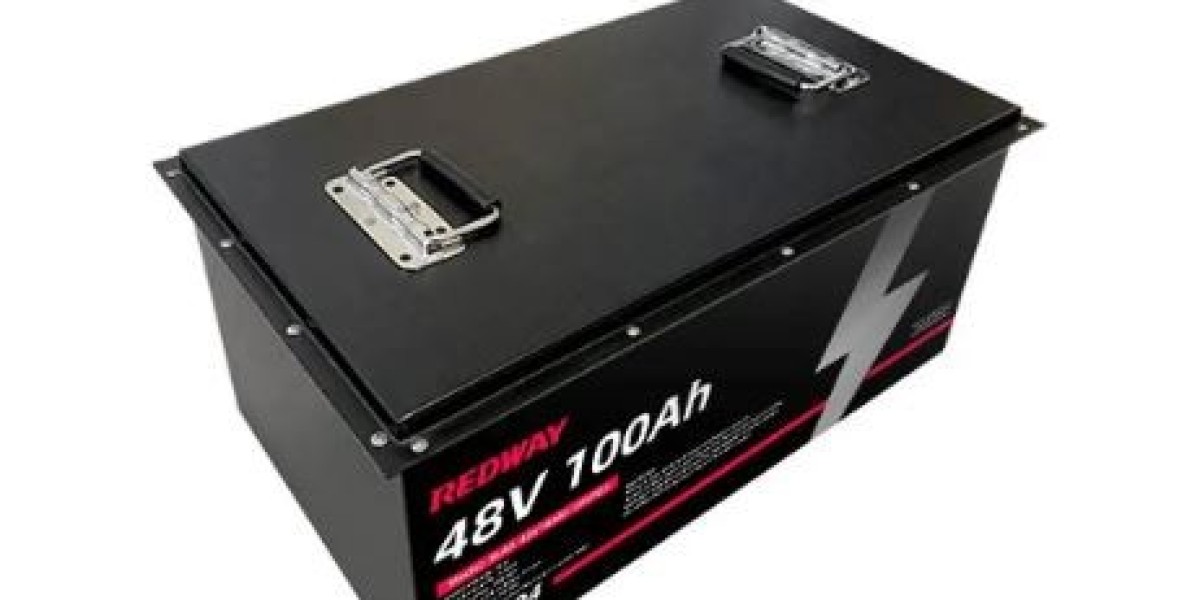Finding the best wholesale fabric supplier can significantly impact the success of your fashion line, upholstery business, or textile-based venture. The right supplier will not only provide high-quality materials at competitive prices but also offer reliability, excellent customer service, and a wide range of fabric options. In this comprehensive guide, we explore the factors that define a top-notch wholesale fabric supplier and why Asha Fabs is an exemplary choice.
Understanding Wholesale Fabric Supply
Wholesale fabric supply is a cornerstone of the textile industry, serving as the link between manufacturers and end-users such as designers, tailors, and retail outlets. The term "wholesale" refers to buying goods in large quantities at reduced prices, which allows businesses to achieve better profit margins. Understanding the dynamics of wholesale fabric supply is crucial for anyone looking to navigate the textile market efficiently.
The Role of a Fabric Supplier
A fabric supplier is responsible for providing a range of fabrics that meet the diverse needs of their clients. They source materials from various manufacturers, ensuring that they maintain a consistent stock of popular and niche fabrics. The best suppliers establish strong relationships with textile mills and fabric producers, enabling them to offer exclusive and high-quality products. Additionally, they provide guidance on fabric choices, helping businesses select materials that align with their projects and brand identity.
Key Attributes of a Top Fabric Supplier
Quality Assurance: Quality is paramount in the textile industry. A reputable fabric supplier conducts thorough quality checks to ensure that all materials meet industry standards. They offer a range of fabrics with consistent quality, allowing businesses to produce reliable and durable products.
Variety of Fabrics: A diverse fabric selection is essential for meeting the needs of different clients. A top supplier will offer various materials, including cotton, silk, linen, polyester, and specialized fabrics such as organic and eco-friendly options.
Competitive Pricing: Price competitiveness is crucial for businesses looking to maximize profit margins. The best suppliers offer attractive wholesale prices without compromising on quality.
Reliability and Timeliness: Timely delivery is essential for maintaining production schedules and meeting customer demands. A reliable supplier will have efficient logistics and inventory management systems in place to ensure prompt deliveries.
Excellent Customer Service: Customer service is a key differentiator in the fabric supply industry. Top suppliers prioritize customer satisfaction, offering personalized assistance and resolving issues promptly.
Sustainability Practices: Increasingly, businesses are seeking suppliers with sustainable and ethical practices. A top fabric supplier will offer eco-friendly options and demonstrate a commitment to environmental responsibility.
Exploring Fabric Types and Applications
Understanding the different types of fabrics and their applications is crucial for selecting the right materials for your projects. Fabrics are classified based on their fiber content, weave, and finish. Here are some common fabric types and their uses:
Natural Fabrics
Cotton: Known for its breathability and softness, cotton is a versatile fabric used in clothing, home textiles, and industrial applications.
Silk: A luxurious fabric with a natural sheen, silk is prized for its drape and is often used in high-end fashion and home decor.
Linen: Renowned for its durability and absorbency, linen is popular in summer clothing, tablecloths, and bed linens.
Wool: A warm and insulating fabric, wool is commonly used in outerwear, suits, and winter accessories.
Synthetic Fabrics
Polyester: Known for its strength and resistance to wrinkles, polyester is used in a variety of applications, including clothing, upholstery, and outdoor gear.
Nylon: A strong and lightweight fabric, nylon is commonly used in activewear, hosiery, and outdoor products.
Acrylic: Mimicking the properties of wool, acrylic is used in sweaters, blankets, and other knitted goods.
Specialty Fabrics
Organic Fabrics: Made from natural fibers grown without harmful chemicals, organic fabrics are popular in eco-friendly fashion and sustainable products.
Technical Fabrics: Engineered for specific functions, such as moisture-wicking or UV protection, technical fabrics are used in sportswear and outdoor gear.
Decorative Fabrics: Featuring intricate patterns and textures, decorative fabrics are used in home furnishings, curtains, and upholstery.
Criteria for Selecting the Best Wholesale Fabric Supplier
Choosing the right wholesale fabric supplier requires careful consideration of various factors. Here are some key criteria to evaluate when selecting a supplier:
Fabric Quality and Range
Material Quality: Assess the quality of the fabrics offered by the supplier. High-quality fabrics will ensure the durability and appeal of your finished products.
Variety: Ensure that the supplier offers a wide range of fabrics to cater to your specific needs. This includes different fibers, weaves, and finishes.
Specialty Fabrics: If your business requires niche or specialty fabrics, check if the supplier has access to these materials.
Pricing and Discounts
Competitive Pricing: Compare prices from multiple suppliers to ensure you are getting the best value for your investment.
Volume Discounts: Inquire about volume discounts or special offers for bulk purchases, which can help reduce costs.
Reliability and Delivery
Order Fulfillment: Assess the supplier’s ability to fulfill orders accurately and on time. Reliable delivery is crucial for maintaining production schedules.
Inventory Management: Check if the supplier has efficient inventory management systems to avoid stockouts or delays.
Customer Support and Services
Customer Assistance: Evaluate the supplier’s customer service quality. Responsive and helpful support can make a significant difference in your business operations.
Technical Support: Some suppliers offer technical support or advice on fabric selection and usage, which can be beneficial for specialized projects.
Sustainability and Ethical Practices
Environmental Responsibility: Consider whether the supplier offers sustainable fabric options and practices eco-friendly production methods.
Ethical Sourcing: Check if the supplier adheres to ethical labor practices and fair trade principles.
The Role of Asha Fabs in the Fabric Supply Industry
Asha Fabs stands out as a premier wholesale fabric supplier with a reputation for excellence in quality, variety, and customer service. Let's explore the attributes that make Asha Fabs a leading choice for businesses seeking reliable fabric supply solutions.
Quality and Variety
Asha Fabs is renowned for its commitment to quality. Their fabrics undergo rigorous quality checks to ensure they meet industry standards and exceed customer expectations. Whether you're looking for luxurious silks or durable cottons, Asha Fabs offers a comprehensive selection that caters to various industries and applications.
Competitive Pricing
With a focus on affordability without compromising quality, Asha Fabs offers competitive pricing for their extensive fabric range. Their transparent pricing structure and attractive volume discounts make them an ideal partner for businesses looking to optimize their budget.
Reliability and Timely Delivery
Asha Fabs takes pride in their efficient logistics and supply chain management. They ensure timely delivery of orders, allowing businesses to meet production deadlines and maintain smooth operations. Their reliable service has earned them the trust of numerous clients across different sectors.
Exceptional Customer Service
Customer satisfaction is a top priority for Asha Fabs. Their dedicated support team provides personalized assistance, addressing inquiries and resolving issues promptly. Whether you're a small boutique or a large-scale manufacturer, Asha Fabs ensures that you receive the attention and support you need.
Sustainability Commitment
In line with the growing demand for sustainable practices, Asha Fabs offers eco-friendly fabric options. They prioritize environmental responsibility, sourcing materials from sustainable sources and minimizing their ecological footprint.
How to Establish a Successful Relationship with Your Fabric Supplier
Building a strong relationship with your fabric supplier is crucial for long-term success. Here are some tips to foster a productive partnership:
Clear Communication
Effective communication is the foundation of a successful supplier relationship. Clearly articulate your requirements, expectations, and project timelines to ensure that both parties are aligned.
Regular Feedback
Provide feedback to your supplier regarding the quality of fabrics and service. Constructive feedback helps them improve their offerings and tailor their services to better meet your needs.
Mutual Trust
Cultivate a sense of trust by honoring agreements and maintaining transparency in your dealings. Trust fosters a collaborative environment where both parties can work towards common goals.
Long-Term Collaboration
Consider your fabric supplier as a strategic partner rather than just a vendor. Collaborating on product development and exploring new opportunities can lead to mutually beneficial outcomes.
Trends Shaping the Fabric Supply Industry
The fabric supply industry is constantly evolving, driven by technological advancements, changing consumer preferences, and sustainability concerns. Here are some key trends shaping the future of the industry:
Digitalization and E-Commerce
The rise of digital platforms and e-commerce has transformed the fabric supply landscape. Online fabric supplier are gaining popularity due to their convenience and accessibility. Digital tools also enable suppliers to streamline operations and enhance customer engagement.
Sustainable Practices
Sustainability is a major focus in the textile industry. Consumers are increasingly seeking eco-friendly fabrics and products, prompting suppliers to adopt sustainable sourcing and production methods.
Innovation in Fabrics
Advancements in textile technology are leading to the development of innovative fabrics with unique properties. From smart textiles to biodegradable materials, these innovations are expanding the possibilities for designers and manufacturers.
Customization and Personalization
Customization is becoming a key differentiator in the fabric supply industry. Suppliers are offering personalized solutions, allowing businesses to create unique and tailored products that resonate with their target audience.
Conclusion
Selecting the best wholesale fabric supplier is a critical decision that can impact the success of your business. By considering factors such as quality, variety, pricing, reliability, and customer service, you can identify a supplier that aligns with your needs and goals. Asha Fabs exemplifies the qualities of a top-tier fabric supplier, offering exceptional products and services that cater to a diverse range of industries.









